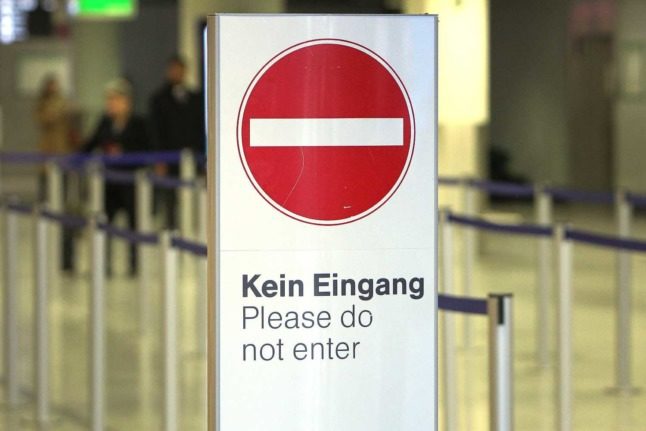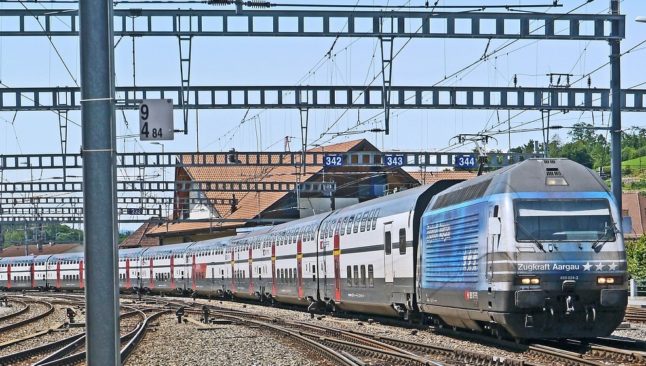Since September 13th, the Swiss government has considerably expanded the areas in which a Covid certificate is required.
Previously only mandatory for nightclubs and larger events, the Covid certificate is now required in almost all indoor areas, including bars, restaurants, gyms and some private parties.
Parallel to the expanded Covid certificate rules have been Switzerland’s entry rules.
While Switzerland has had some form of restrictions in place since March 2020, the latest change came into effect on September 20 and was focused on ensuring those who entered were fully vaccinated or recently recovered from the virus.
Do I need Switzerland’s Covid certificate to enter?
Fortunately, you do not need Switzerland’s Covid certificate in order to enter the country – although it does of course help to show border police something they can recognise.
The rules for entry are actually different than the rules for the Covid certificate.
In some senses the Covid certificate rules are tighter than those for entry, but in other ways they are more relaxed.
For instance, prior to September 30th, more vaccines are accepted for entry than for the Covid certificate, including both Chinese vaccines (Sinopharm and Sinovac). This has now changed (click here).
However, for those coming from high-risk countries, evidence of a negative test is not accepted for entry, whereas negative tests can still get someone a valid Covid certificate.
UPDATE: Which vaccines are accepted for entry into Switzerland?
To enter Switzerland from a country not on the high-risk list, you must be either vaccinated, have tested negative to the virus or recently contracted the virus and recovered.
If you are coming from a high-risk country – which as at September 30th includes the United States, United Kingdom, India and several other countries – then only vaccination will suffice for entry.
You can show paper evidence that you have been vaccinated abroad, or you can show an app which illustrates this (provided it is in a Swiss language or in English).
More information about entry is available at the following link.
EXPLAINED: Who can enter Switzerland right now and what are the rules?
Can I get a Covid certificate if I am abroad?
Yes. You can apply for a Covid certificate online and upload your proof of vaccination et al, thereby organising a Covid certificate before you come.
In order to do so, you will need to contact authorities in your canton of residence.
More information on how to get the Covid certificate, including from abroad, is available at the following link.
Canton-by-canton: How visitors can get Switzerland’s Covid certificate



 Please whitelist us to continue reading.
Please whitelist us to continue reading.
Member comments